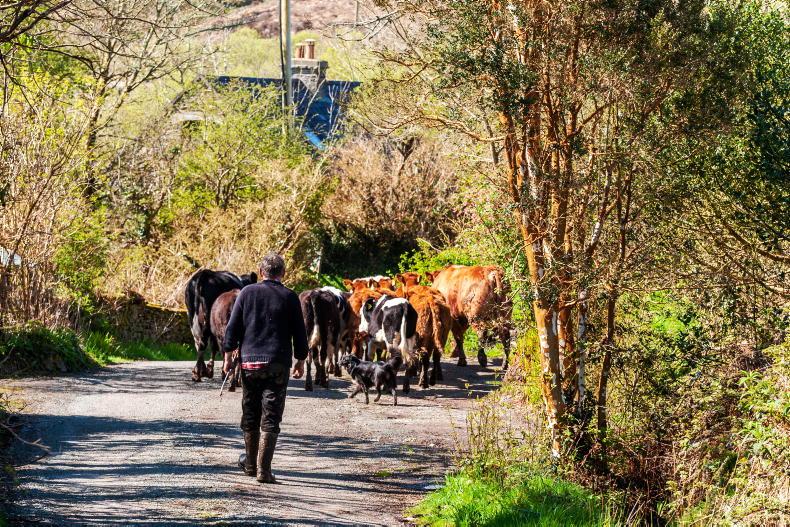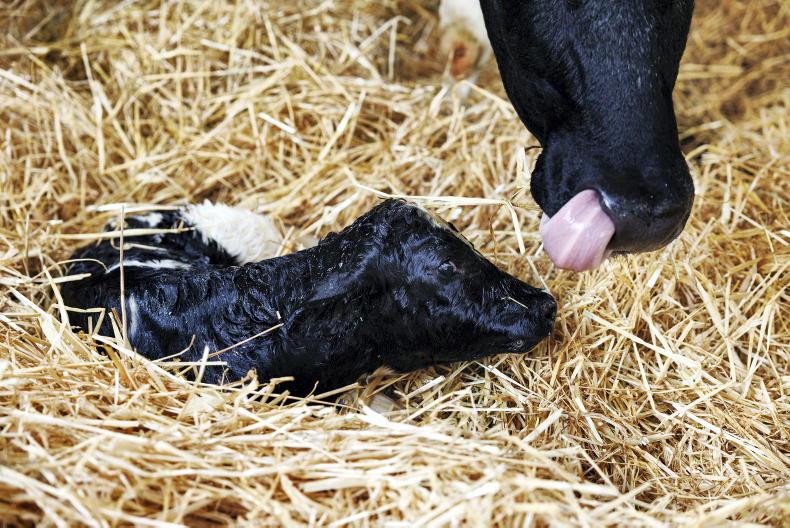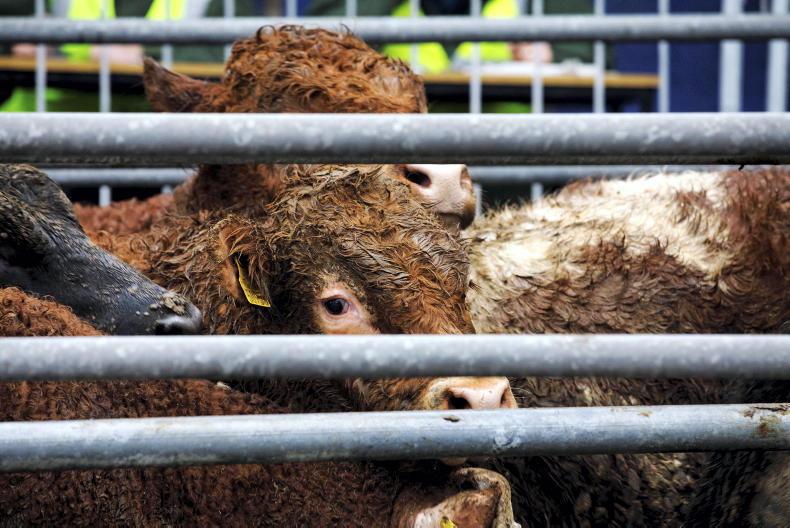The Equality Commission for NI is conducting a review into the closure of the Areas of Natural Constraint (ANC) scheme, the Irish Farmers Journal has learned.
Earlier this year, an internal review of the equality implications of ending the ANC scheme was conducted within DAERA. It is understood that this review found that there was no issue with the closure of the scheme.
However, a spokesperson for the Equality Commission for NI confirmed this week that it has been approached to conduct a separate review.
“It is at a very early stage. We are at the inquiry stage,” the spokesperson said.
It is understood that the initial inquiry will be used by the Equality Commission to see if there are grounds for a formal review to be undertaken. The case will primarily look at the impact that ending the scheme has had on farmers in Severely Disadvantaged Areas (SDA).
It is understood that a second avenue could also be explored by the Equality Commission under discriminatory grounds. This stems from the fact that 67% of the 8,800 farmers that received ANC payments came from a Roman Catholic background.
Argument
The main argument put forward by DAERA for ending the ANC scheme was that the move towards a flat-rate Basic Payment system in NI is seeing an additional €4m going into SDA regions each year. However, particularly for those farmers in SDA regions that had entitlements above the NI average of €220/ha, the loss of ANC money is a significant hit to their incomes.
The 2017 scheme year was the last year of the ANC in NI, with final payments issued to farmers in March 2018.
These transitional payments came from a budget of £8m funded by the Stormont Executive, and were worth £26.57/ha for the first 200 hectares, and £19.93/ha thereafter.
Prior to this, the scheme was funded for a two-year period by a £20m annual budget from the Rural Development Programme, with payment rates at £56.47/ha up to 200ha, and £42.35/ha thereafter.
Read more
ANC removal increases risk of abandoned land
No-deal Brexit would put NI livestock sector in ‘serious jeopardy’
The Equality Commission for NI is conducting a review into the closure of the Areas of Natural Constraint (ANC) scheme, the Irish Farmers Journal has learned.
Earlier this year, an internal review of the equality implications of ending the ANC scheme was conducted within DAERA. It is understood that this review found that there was no issue with the closure of the scheme.
However, a spokesperson for the Equality Commission for NI confirmed this week that it has been approached to conduct a separate review.
“It is at a very early stage. We are at the inquiry stage,” the spokesperson said.
It is understood that the initial inquiry will be used by the Equality Commission to see if there are grounds for a formal review to be undertaken. The case will primarily look at the impact that ending the scheme has had on farmers in Severely Disadvantaged Areas (SDA).
It is understood that a second avenue could also be explored by the Equality Commission under discriminatory grounds. This stems from the fact that 67% of the 8,800 farmers that received ANC payments came from a Roman Catholic background.
Argument
The main argument put forward by DAERA for ending the ANC scheme was that the move towards a flat-rate Basic Payment system in NI is seeing an additional €4m going into SDA regions each year. However, particularly for those farmers in SDA regions that had entitlements above the NI average of €220/ha, the loss of ANC money is a significant hit to their incomes.
The 2017 scheme year was the last year of the ANC in NI, with final payments issued to farmers in March 2018.
These transitional payments came from a budget of £8m funded by the Stormont Executive, and were worth £26.57/ha for the first 200 hectares, and £19.93/ha thereafter.
Prior to this, the scheme was funded for a two-year period by a £20m annual budget from the Rural Development Programme, with payment rates at £56.47/ha up to 200ha, and £42.35/ha thereafter.
Read more
ANC removal increases risk of abandoned land
No-deal Brexit would put NI livestock sector in ‘serious jeopardy’










SHARING OPTIONS